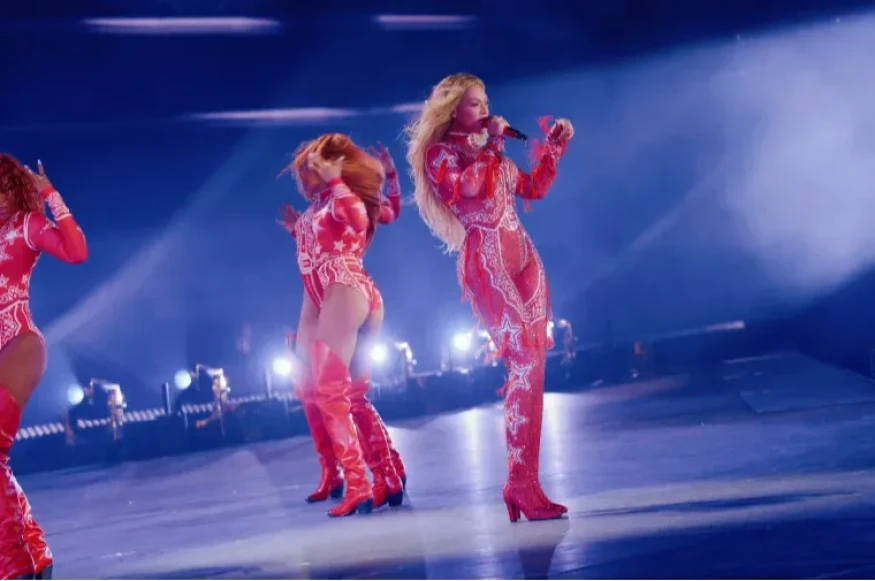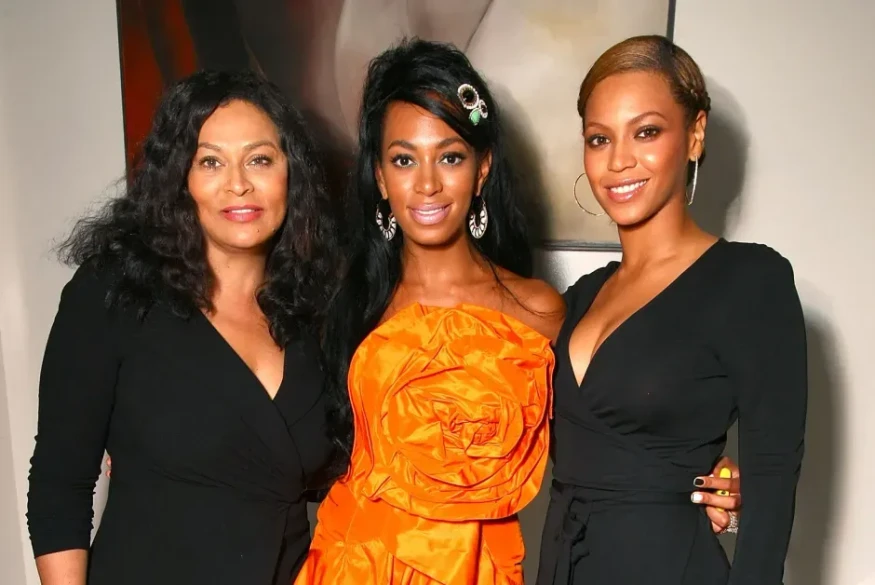
A sharp stand against political distraction and a call to respect Black artistry
Jessica Williams, the bold and brilliant stand-up comedian turned cultural commentator, has lit up the internet with her unapologetic critique of Donald Trump’s repeated targeting of Black icons—most notably Beyoncé. On The Daily Show, she cut through the noise to explain why these attacks aren’t just politics—they’re distraction tactics tied to serious scandals like the Epstein files.
It all exploded online after a viral moment on the show. Williams interrupted host Jon Stewart and told viewers plainly: “Trump is going after America’s most influential Black people to shift attention from the Epstein files.” That line wasn’t a punchline—it was a reflection of a growing public unease. Fans across social platforms resonated with her message, sharing clips and sparking debates.
For context: Trump has repeatedly called for FBI investigations into Beyoncé and Oprah, suggesting they were paid by political campaigns—claims that documentation and financial records flatly deny. In truth, any payments were limited to legal, pre-approved production fees forstage appearances or event participation.
But Williams pushed back, arguing that these smears aren’t isolated: they’re part of a pattern. Over recent months, Trump has resurfaced old controversies and conspiracy theories about Barack Obama, Oprah Winfrey, and even Martin Luther King Jr.—all while former public records and Family representatives dismissed these attacks as baseless.
Williams framed this as a deliberate playbook: “Target Black superstars, elevate outrage, and distract from bigger matters like Epstein’s documents.” Her wink to pop culture humor hit home when she joked: “Who’s next? Michael Jordan? Michael B. Jordan? Pretty soon, they’ll blame Urkel for everything!”
This satire, she said, works because it exposes how sometimes comedy cuts deeper than fifty-minute investigations. It reveals how outrage can be manufactured—and how the most visible Black artists often become public scapegoats.
Twitter feeds, Instagram stories, and TikTok reactions erupted in response. Supporters echoed Williams’ sentiment: Beyoncé isn’t just a singer—she represents Wall-to-wall empowerment, and attacking her isn’t political choice, it’s symbolic warfare. Many pointed out how influential figures get caught in amplified debate despite lacking any credible accusations.
It’s especially striking that these narratives persist despite clarity from official records: Beyoncé’s team, IRS disclosures, and campaign filings confirm no improper payments were made. Even the events Trump cited didn’t feature Beyoncé performing or endorsing any political group.
Meanwhile, as public attention dwells on these false stories, the Epstein scandal grows quieter in the media. That divergence didn’t go unnoticed—many see it as strategic directional shift, one clearly described on The Daily Show: raise drama, ignore the skeletons.
Jessica Williams’ defense goes beyond pop culture: she’s emphasizing truth, artistic freedom, and dignity. She reminds us that Beyoncé, Oprah, and other Black voices contribute more than top charts—they shape conversation, courage, and change.
Ultimately, her message is powerful: public shaming between fans or comedians isn’t what matters. Point your finger upward—to those with real influence, who claim to fight corruption yet deflect scrutiny. In her words: “We all deserve to live in truth—not be cast as questionable for views we never promoted.”
In a world where media runs on clicks and outrage, Williams shows how satire can redirect us toward accountability. And as her comments made clear, critics may try to downplay or distract, but artists—especially Black artists—can choose to speak truth with nuance, nuance over sensationalism.
Whether you support Beyoncé or just believe in fairness, Williams’ message is loud: misinformation won’t erase history, and no distraction can dim genuine artistry. In stand-up punchlines or social posts, the next few chapters of public discourse may rest on honest dialogue, not planted theatrics.







